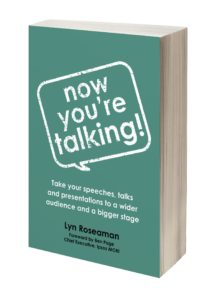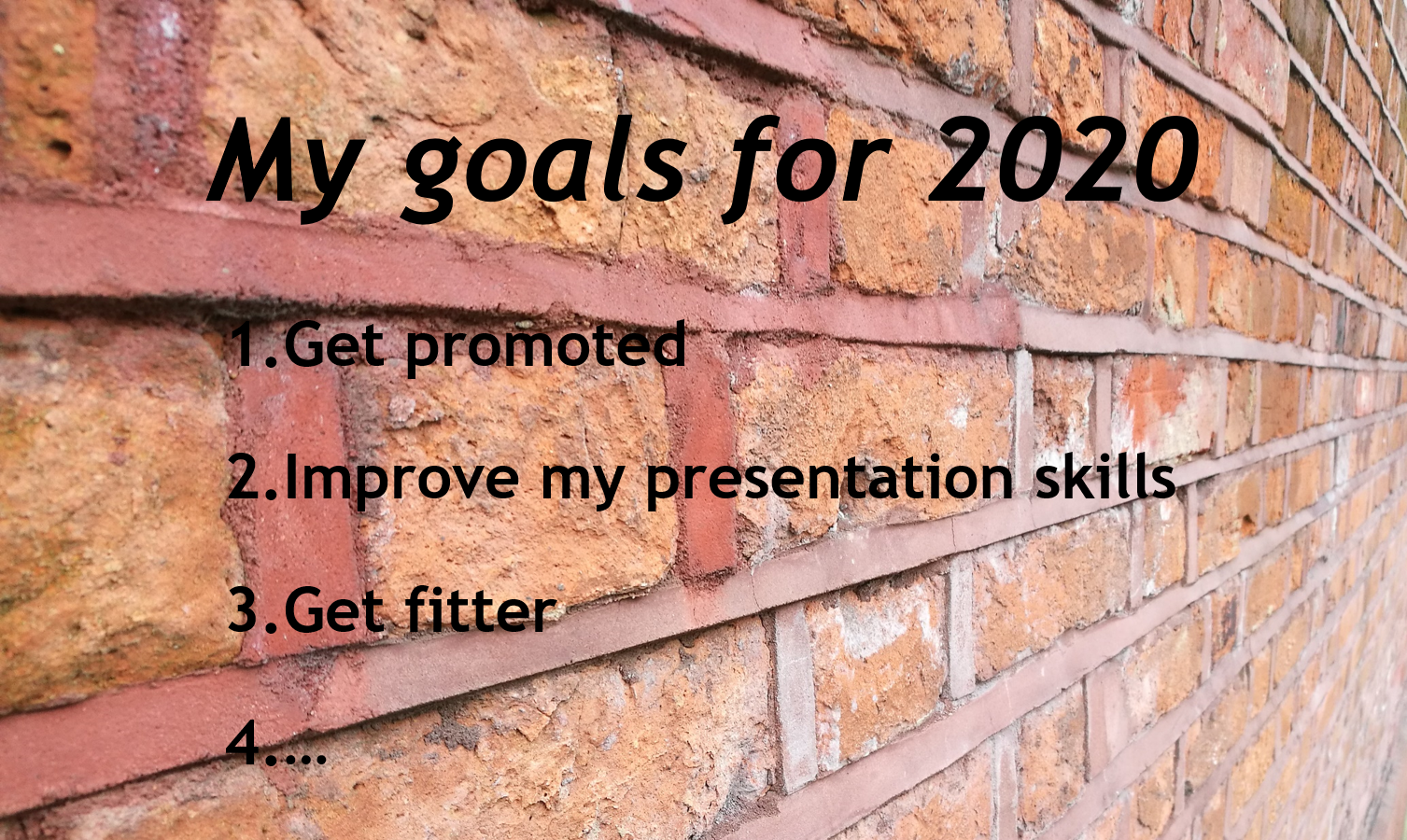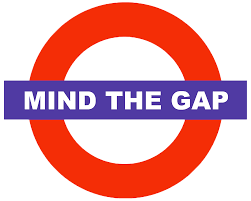3 smart steps to achieve your goals
It’s that time of year again! New Year’s resolutions. The time to set goals for even greater success. Have you made a new year’s resolution? Are you all ready to achieve your goals in 2020 or even the next few months?

This year, I wrote a book on public speaking – ‘Now You’re Talking! Take your speeches, talks and presentations to a wider audience and a bigger stage‘ – and I followed these three smart steps.
It’s a tantalising promise that people who set goals can be even more successful. But, when it comes to new year’s resolutions, most goals seem to die around Valentine’s Day at the latest. Why? Because they tend not to have the characteristics of ‘proper’ goals that move our lives forward.
Big goals or dreams, such as writing a book, buying a house, travelling the world, getting married, running your own successful business, overcoming your fear of public speaking, etc can seem like fantasies or nice dreams because achieving them is likely to be a long way off. Yet these dreams might be described as our raison d’etre, what we’re supposed to do in life. They are our motivation, the big picture or backdrop against which we can determine what we need to do every day, every week,
every month, etc to realise our dreams.
What we need is smaller goals that will build towards the dream. It’s these smaller goals that help us succeed. Deconstruct your big goals into bite-sized tasks or what Arianna Huffington calls ‘microsteps’.
Own your goals – the Endowment Effect
Experts seem to agree that because of something called the ‘Endowment Effect’, owning big dreams is essential. In psychology and behavioural economics, the Endowment Effect hypothesises that people ascribe more value to things just by owning them. And goals are just as ‘ownable’ as more tangible objects. The science of setting goals basically says that the simple act of creating the goal increases the desire to achieve it.
Feel good with SMART goals
Furthermore, our brain’s reward centre feeds us with serotonin and dopamine when we achieve something. Making our goals a reality, therefore, feeds a sense of wellbeing. However, to tap into that sense of wellbeing, we need to know or prove what we have achieved.
To this end, I encourage you to set goals that are SMART – specific, measurable, achievable, relevant and time bound. In this way, you can clearly see when you have achieved a goal. And by setting smaller, SMART goals you can reap the rewards, the feeling of wellbeing, along the journey towards the bigger more distant dream.
And there is an added bonus to setting smaller goals. If, along the way, the big picture changes, you have the flexibility to adjust your smaller goals to meet the new dream.
Strategise to realise your goals
But is it really this simple? Probably not. Because every year, millions of us set new year’s resolutions that don’t last very long! The challenge is to create effective strategies for converting our good intentions and wishes into reality.
Mel Robbins suggests we need instant action and advocates the 5-second rule. She says that if you have an impulse to act on a goal, you must physically move within 5 seconds or your brain will kill the idea. Whatever your goals are, show the world, and yourself, that you’re serious by taking immediate action, however insignificant that action may seem. She argues that when you physically move, your brain starts to build new habits, rather than unthinkingly following learned behaviours. When you do something you’re not used to doing, you are in the act of building new habits and erasing existing ones.
If, for instance, you have a goal of starting your own business, get stuck into your background research online. To be more assertive at work, put your hand up in the next meeting and share your opinions. If you want to improve your public speaking, join a speaking club like Toastmasters or get a coach. And be sure to tell people about your goals. The more you let people know about your goals, the more you will be invested in achieving them, getting a lovely feeling of wellbeing and projecting the self-image your brain expresses through your goals.
When I wrote my book, I owned it. I told everyone. I had no choice but to succeed or spend a lot of time explaining what had happened. My goals for each part of the process were definitely SMART and, every day, I got stuck in. No procrastinating, just writing and editing. It was a great experience and, as it was for me, the three steps will help you achieve your goals.
Wishing you a goal-achieving 2020!






